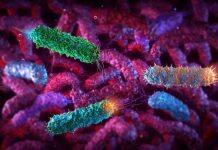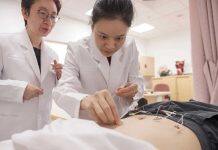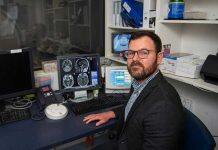University of Alberta program offers differently abled students a chance to enjoy the full...
Shortly after graduating from high school in 2009, Katie Clegg joined the provincial Transitional Vocational Program, designed to help young people with mild developmental disabilities acquire skills for employment.
Inaugural NUS CHS Career & Internship Fair 2024 draws over 60 leading employers offering...
More than 2,000 undergraduates and recent alumni from the NUS College of Humanities and Sciences (CHS) visited the inaugural NUS CHS Career and Internship Fair held at the NUS University Town’s Stephen Riady Centre to connect with companies...
New design overcomes key barrier to safer, more efficient EV batteries
Researchers at McGill University have made a significant advance in the development of all-solid-state lithium batteries, which are being pursued as the next step in electric vehicle (EV) battery technology.
The design tricks keeping your kids hooked on games and apps
Ever found yourself unable to resist checking out a social media notification? Or sending a random picture just to keep a Snapchat “streak” going?
Electro-acupuncture could help with obesity management, finds scientists
Scientists led by NTU Singapore and Hong Kong University (HKU) have found evidence that electro-acupuncture – a form of traditional Chinese medicine (TCM) treatment – could be used to manage obesity.
QUT design leaders and innovators win Good Design Awards
Two QUT initiatives, one bridging the divide between academia and industry and another placing QUT at the global forefront of design education, have been recognised in the 2024 Australian Good Design Awards.
More accurate El Niño Southern Oscillation forecasts developed
Australian climatologists closely monitor atmospheric and oceanic conditions to assess the risk of El Niño Southern Oscillation (ENSO) events occurring, which can lead to devastating natural disasters...
Removing unwanted smoky notes from wine
University of Adelaide researchers have evaluated a new method to remediate smoke tainted wine, incurring less damage to the final product.
Blood biomarkers show even one-off brain injuries have effects lasting decades: study
Monash University-led research, believed to be the first of its kind, has used blood tests and MRI scans to show that the effects of traumatic brain injuries (TBI) can last decades.
Acceptance in uncertainty a key for emotional wellbeing
The study, led by the University of Adelaide's School of Psychology Lecturer Ella Moeck and published in the American Psychological Association journal Emotion...


















































